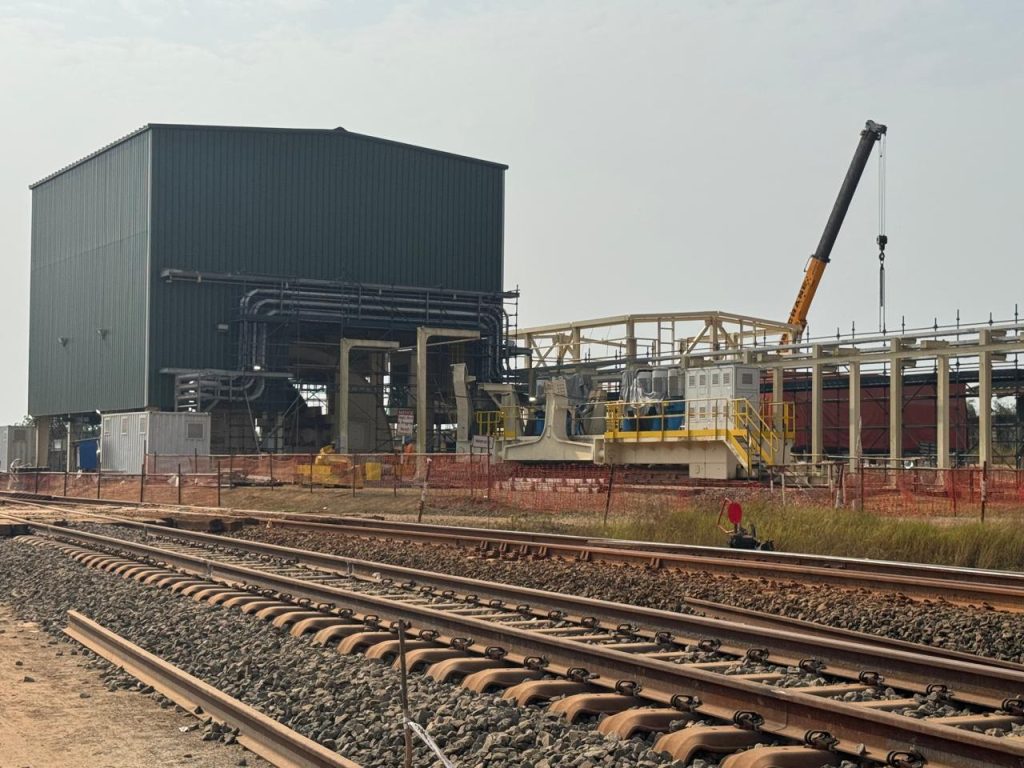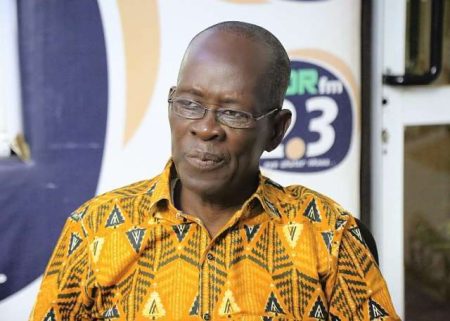The future of Liberia’s crucial Yekepa-to-Buchanan railway hangs in the balance, entangled in a complex dispute that transcends mere corporate wrangling and delves into the heart of the nation’s economic sovereignty. At the center of this controversy is the clash between ArcelorMittal Liberia (AML), the long-standing operator of the railway, and High Power Exploration (HPX), a company seeking to transport Guinean ore through Liberia. HPX’s demand for an independent railway operator, despite AML’s established presence and substantial investments, raises critical questions about Liberia’s commitment to long-term national interests versus short-term gains under foreign pressure. The outcome of these negotiations will have profound implications for Liberia’s economic trajectory.
The Liberian government’s Multi-user policy, designed to broaden access to the railway and generate additional revenue, has become a focal point in the dispute. While AML, which has invested over $800 million in rehabilitating the railway since 2005, publicly supports the policy and acknowledges the benefits of shared usage, HPX’s insistence on appointing a new operator threatens to undermine AML’s contractual rights and jeopardize the stability of a vital economic asset. AML’s investments have transformed the war-damaged railway into a modern, heavy-haul line crucial for Liberia’s mining sector, including upgrades to tracks, bridges, locomotives, wagons, and control systems. In contrast, HPX has yet to invest in Liberian rail infrastructure, focusing instead on leveraging the existing network for transporting Guinean ore. This disparity fuels concerns about the economic rationale and political motivations behind HPX’s demands.
Government officials and economic analysts argue that replacing AML, a significant contributor to Liberia’s economy through job creation, tax revenues, and community investments, with an untested operator would be detrimental to national interests. They emphasize AML’s willingness to accommodate third-party access under the existing framework and question the wisdom of incurring the additional costs associated with an independent operator, particularly during a period of fiscal constraint. The experience with APM Terminals, where independent port operation yielded lower-than-expected state revenues, serves as a cautionary tale. The potential for a similar outcome with the railway raises serious concerns about the long-term viability of such a move.
Furthermore, the Multi-user policy is not a novel concept but a long-standing strategy enshrined in AML’s 2006 Mineral Development Agreement and ratified by the Legislature in 2007. AML has a demonstrable history of engaging in discussions with other companies regarding shared rail access, including past negotiations with BHP Billiton (predecessor to HPX) and Sable Mining. While these discussions ultimately faltered due to various factors unrelated to AML’s cooperation, they underscore the company’s willingness to engage in good faith negotiations. The existing framework provides a mechanism for shared access, mitigating the need for a disruptive and potentially costly change in operators.
The economic implications of acceding to HPX’s demands are substantial. Introducing a new operator would likely increase operational expenses, introduce logistical complexities, and potentially discourage future investment in Liberia’s infrastructure. More critically, it risks jeopardizing a reliable source of national income and undermining a strategic partnership with a company that has played a pivotal role in the nation’s post-war recovery. This situation presents a crucial juncture for Liberia’s leadership.
The Liberian government now faces a critical decision: uphold its partnership with AML, a company with a proven track record of investment and commitment to Liberia’s development, or yield to the demands of a foreign entity with no comparable investment history within the country. Choosing the latter path could have far-reaching consequences, potentially jeopardizing Liberia’s economic stability and undermining its sovereignty. The stakes are high, and the decision will have a lasting impact on Liberia’s future. The government must carefully weigh the potential benefits against the substantial risks before making a decision that could reshape the nation’s economic landscape.














